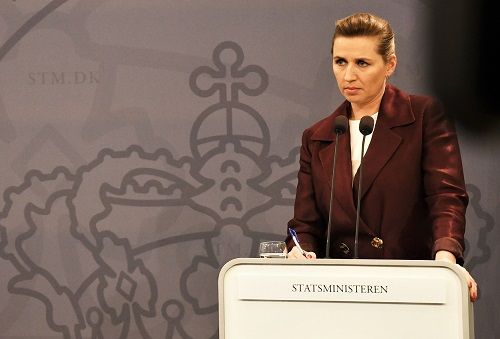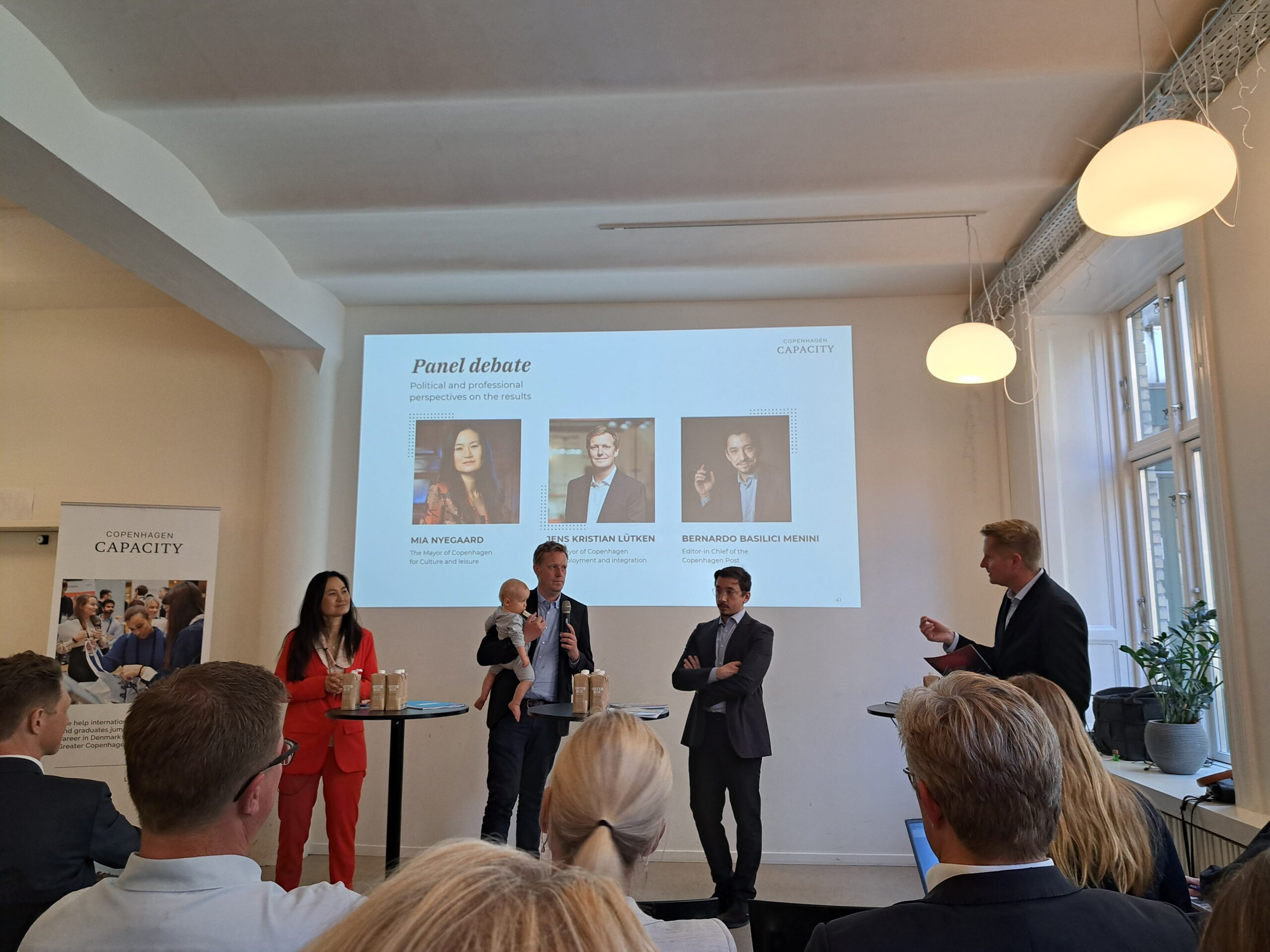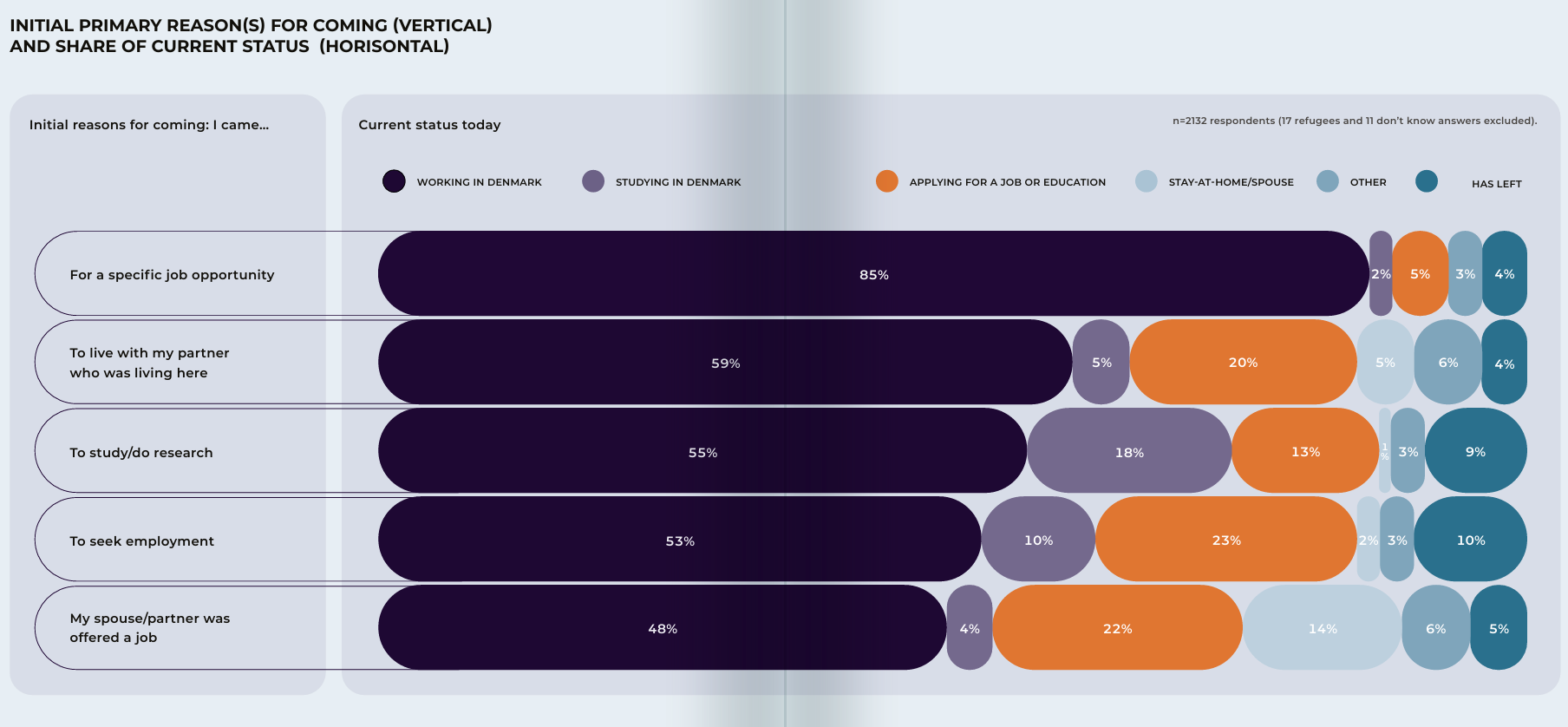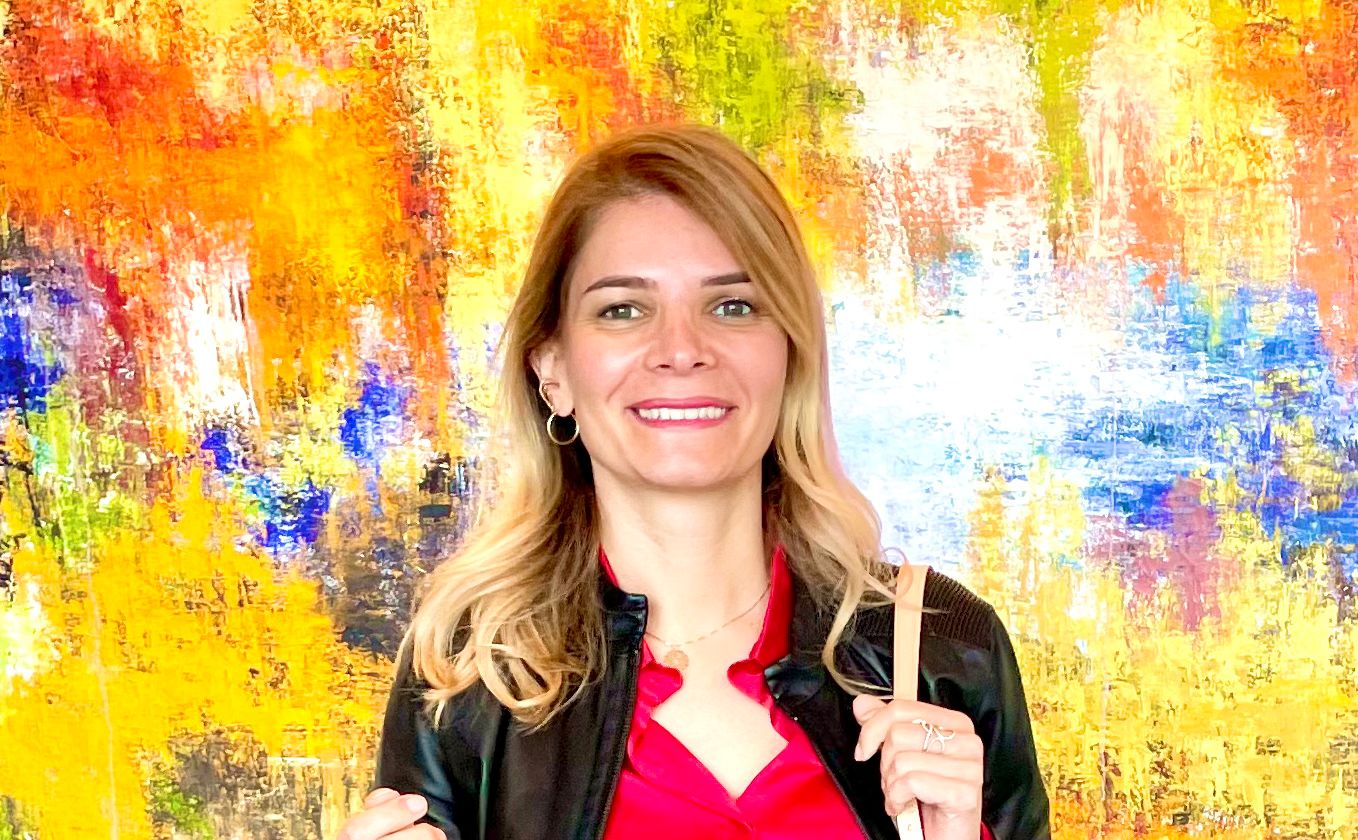The government has expanded the refundable deposit system for recycling to include juice bottles in the future.
The new rules, which will come into effect on 1 January 2020, are the first expansion of the Danish ‘pant’ system’, as it is known locally, since 2008.
“Out pant system is a fantastic invention that inspires other countries and the citizens have great faith in the system, which has been expanded numerous times,” said the food minister, Jakob Ellemann-Jensen.
“Now we’ll do it again because it makes sense that consumers can return their juice bottles at the same place they hand in their soft drink cans. It also leads to better recycling because the bottles can be used for new food product packaging.”
READ MORE: ‘Pant’s down, the best May ever
52 million more deposits
More specifically, the expansion will encompass juice and ‘saft’ (concentrates that need mixing with water) products in packaging of plastic, glass and metal.
It is expected that the expansion will lead to an additional 52 million bottles and cans being deposited – an increase of about 4-5 percent.
As of now, the pant system covers beer, soft drinks, water, iced tea, cider, alcoholic soft drinks, energy drinks and lemonade.
The deposits returned from juice packaging will be on a par with current products – 1 kr for glass bottles and cans under a litre, 1.5 kr for plastic bottles under a litre and 3 kr for packaging from 1-20 litres.
The new rules won’t be phased in until 2020 because supermarkets require time to sell off existing stocks of juice packaging, while the bottle dispensary machines will need to be upgraded to receive juice bottles.











